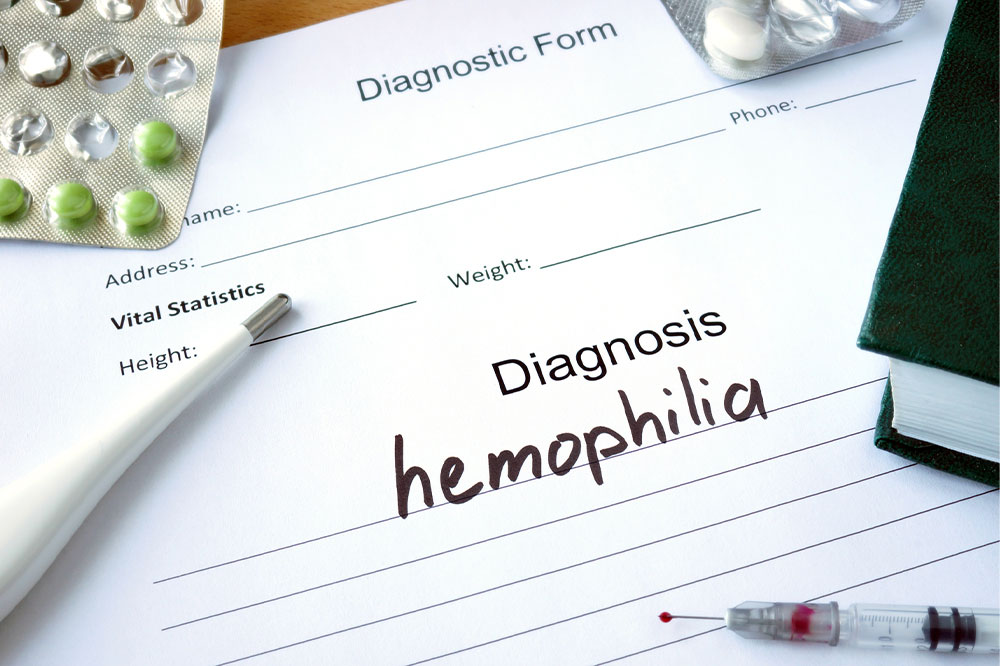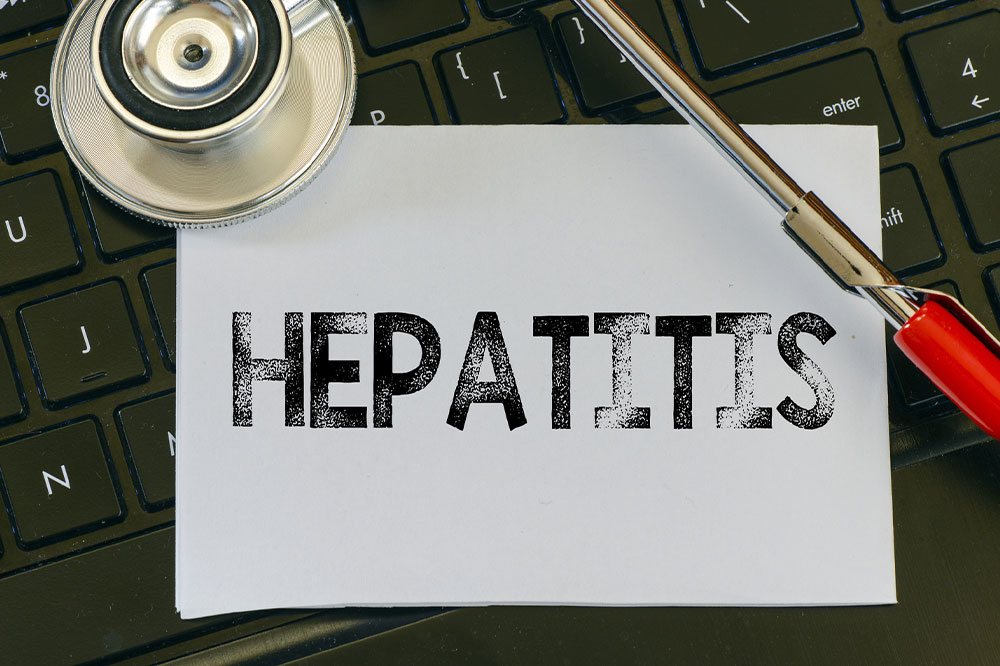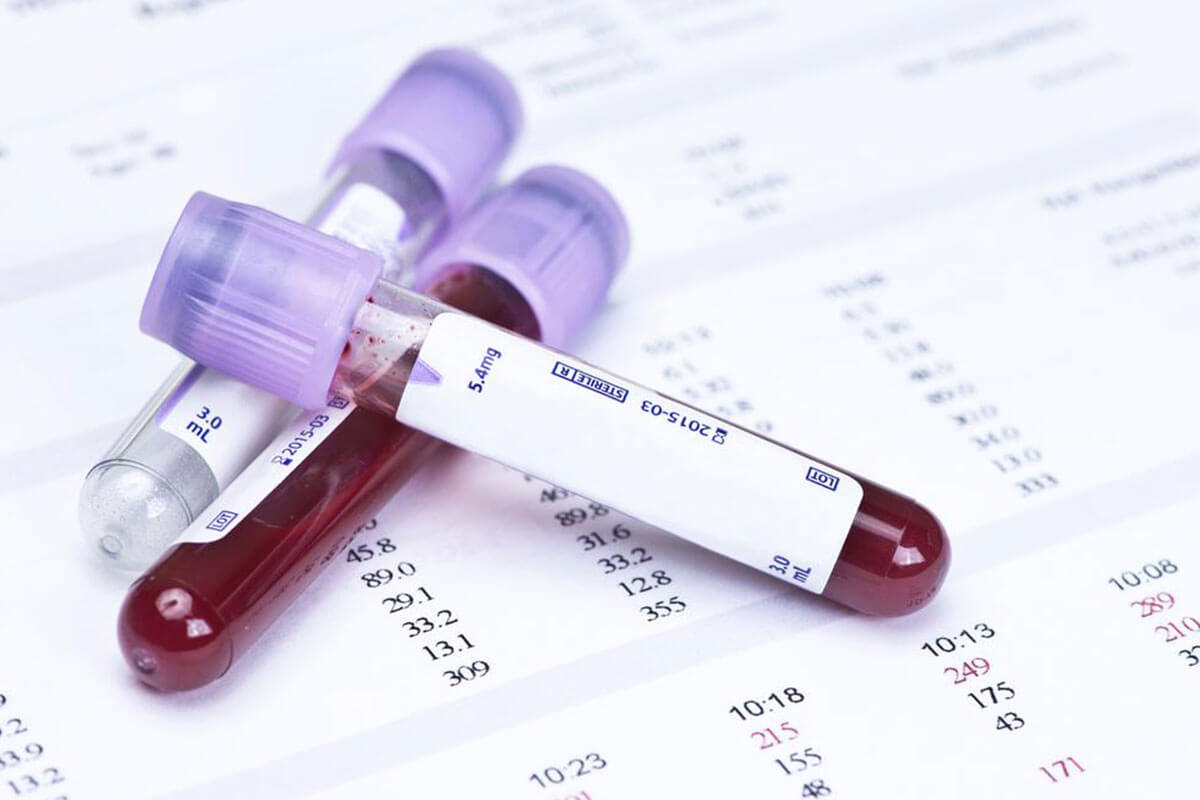Comprehensive Guide to Managing Hemophilia for a Healthy and Fulfilling Life
This comprehensive guide provides essential strategies for managing hemophilia, emphasizing regular health assessments, hepatitis vaccinations, safe physical activity, and proper hygiene. Living with hemophilia requires a proactive approach to prevent complications and lead a healthy, active life. Expert care, preventive vaccinations, tailored exercise plans, and hygiene practices are key elements for effective management. The article offers practical tips and insights to help patients and caregivers navigate daily health routines, reduce injury risks, and optimize quality of life.

Comprehensive Strategies for Hemophilia Management and Maintaining Optimal Health
Hemophilia is a lifelong inherited bleeding disorder that affects approximately 30,000 people across the country. This condition arises from a deficiency or malfunction of specific clotting factors in the blood, which hampers the natural blood clotting process. As a result, individuals with hemophilia are prone to prolonged bleeding episodes even from minor injuries, which can lead to serious health complications if not properly managed. Living with hemophilia requires a proactive approach that combines medical management, lifestyle adjustments, and preventive care to lead a healthy, active life. This detailed article explores essential strategies and insights for effectively managing hemophilia and enhancing quality of life.
Importance of Regular Medical Check-Ups and Specialized Care
One of the most critical aspects of hemophilia management is maintaining regular contact with healthcare professionals, especially specialists in bleeding disorders. Engaging with dedicated hemophilia treatment centers (HTCs) ensures comprehensive health assessments and personalized care plans. These centers typically offer multidisciplinary teams comprising hematologists, physical therapists, social workers, and nurses trained specifically in bleeding disorders. Regular evaluations at HTCs allow early detection of potential complications such as joint damage, inhibitor development, or other related health issues. Annual check-ups also provide opportunities to adjust treatments, review prophylactic medication schedules, and monitor the effectiveness of current therapies.
If you reside in an area without access to a specialized HTC, consulting with healthcare providers experienced in hemophilia management is equally vital. They can recommend appropriate clinics or hospital-based programs that can deliver tailored treatment plans. Prioritizing expert care helps in preventing bleeding episodes, reducing hospitalizations, and improving overall health outcomes.
Access to specialized medical teams at hemophilia treatment centers ensures that patients receive the latest and most effective treatment options. Regular monitoring and personalized care plans contribute significantly to maintaining health and preventing serious complications. In cases where local services are unavailable, strategic consultations with experienced healthcare providers can bridge the gap in care, ensuring continuous disease management.
Complete Immunization Against Hepatitis A and B
Hepatitis infections, particularly hepatitis A and B, pose significant health risks for individuals with hemophilia. These viral infections can cause severe liver complications, impairing the liver’s crucial function in synthesizing blood clotting factors. Therefore, vaccination against hepatitis A and B is essential for everyone living with hemophilia. It is especially vital for those who may have missed childhood immunizations or live in regions with higher hepatitis prevalence. Ensuring immunity through proper vaccination protocols provides an added layer of protection, reducing the risk of secondary infections that could exacerbate bleeding difficulties.
Healthcare providers can advise on the necessary vaccination schedules and booster doses. For adult patients, completing the hepatitis B vaccination series and testing for immunity is recommended. For hepatitis A, vaccination is equally important if not previously received. Maintaining a hepatitis-free status not only preserves liver health but also minimizes the risk of complications during bleeding episodes or treatments involving blood products.
Incorporate Regular, Gentle Physical Activities
Engaging in consistent, moderate physical activity is vital for individuals with hemophilia. Activities such as walking, swimming, yoga, or gentle stretching routines promote healthy blood circulation, strengthen bones and muscles, and help maintain joint flexibility. Exercise can serve as a preventive measure against joint deterioration caused by repeated bleeding into joint cavities, a common complication in hemophilia patients. Additionally, staying physically active enhances mental health, reduces anxiety, and boosts self-confidence, which are all crucial aspects of managing a chronic condition.
It's important, however, to choose activities that do not pose a high injury risk. Consulting a physical therapist experienced in hemophilia can help develop tailored exercise plans that align with individual health status and mobility levels. Avoiding contact sports or high-impact activities minimizes the chance of spontaneous bleeding episodes, safeguarding long-term joint health and overall well-being.
Maintain Excellent Oral and Personal Hygiene
Oral health is especially critical for people with hemophilia due to the risk of bleeding gums, oral infections, and associated complications. Proper oral hygiene practices, such as gentle toothbrushing with a soft-bristled toothbrush, flossing, and regular dental check-ups, are essential for preventing gingival bleeding and ensuring quick recovery from any oral injuries. Promptly addressing cuts, brush injuries, or other wounds minimizes the risk of uncontrolled bleeding and infection.
In addition to oral care, maintaining overall personal hygiene helps prevent infections and skin conditions that could complicate a person's health status. Patients should also avoid activities or environments that increase the risk of cuts, bruises, or other injuries. Wearing protective gear when necessary and staying vigilant about injury prevention significantly contribute to safe living with hemophilia.
Educational programs and support networks are beneficial in empowering patients and their families to implement effective hygiene routines and injury prevention strategies. Equipped with knowledge and appropriate resources, individuals with hemophilia can live active, healthier lives with minimized health risks.





